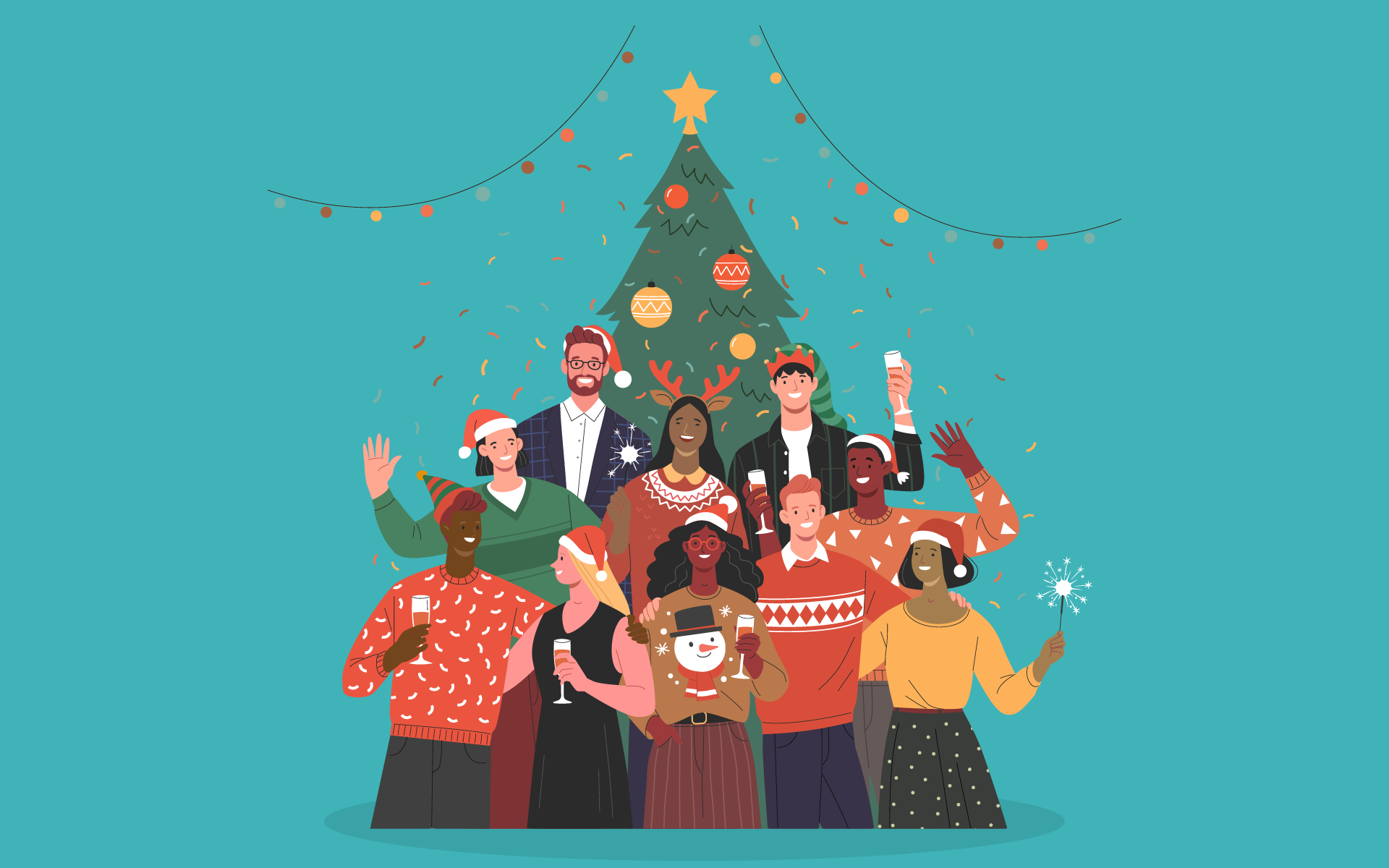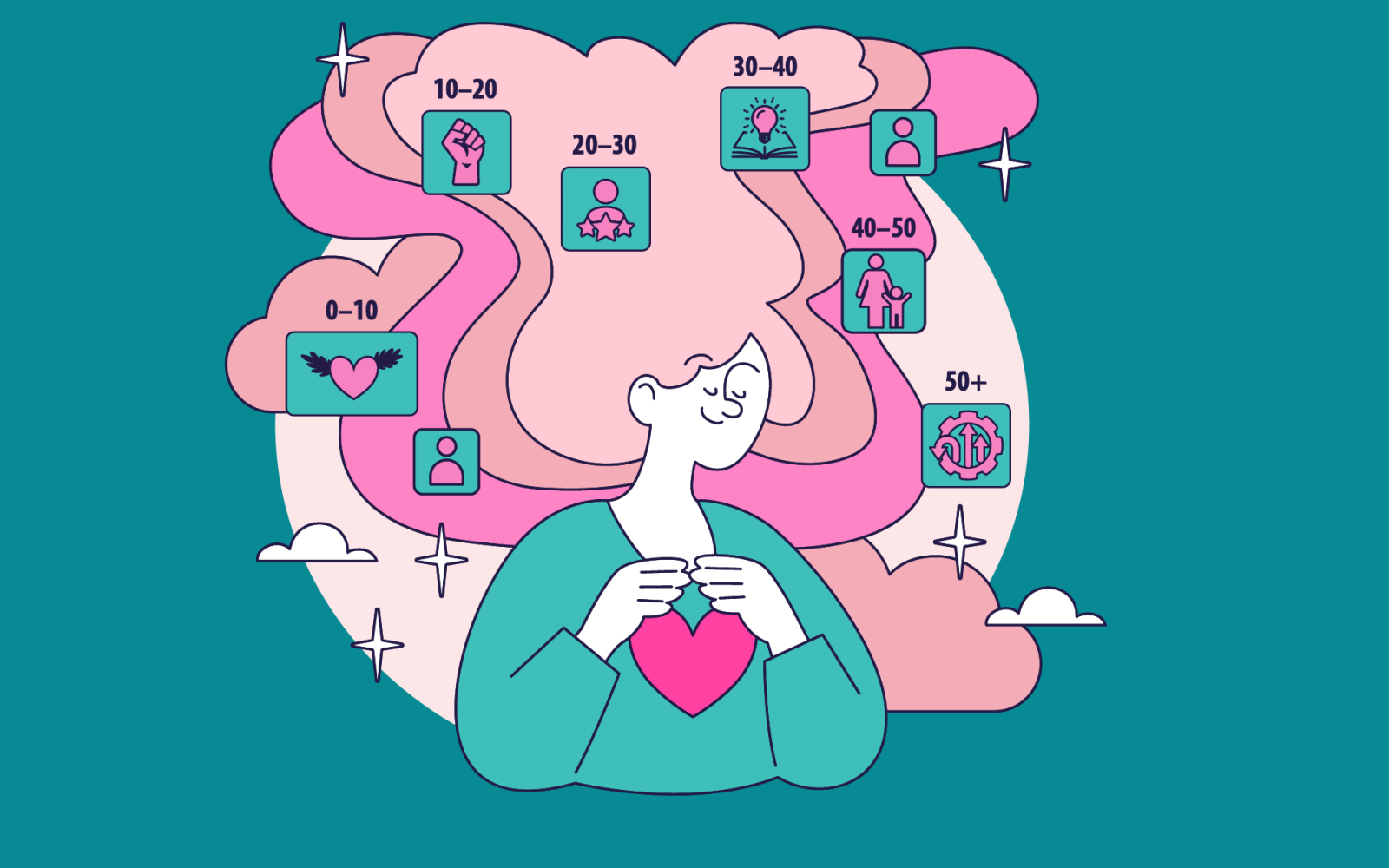Come, let’s sit at the table together and learn the secret of happiness

What science tells us about the joys of community.
“Gilly, holidays are the fruit salad of generational exchanges!” remarked an aunt at last year’s family holiday at a farm in the Karoo.
What a perfect way to sum up the paradoxical joy of being with those we love over the holidays.
As we navigate conversations with gogos and grandchildren alike, these get-togethers across generational lines can be an emotional rollercoaster.
But the good news is that getting together around a table with friends and family can be one of the keys to a healthy and happy life.
That’s one of the findings of a famous Harvard University longitudinal study, which has been following people from across the world for more than 80 years.
The quest? To get a handle on what makes us happy in our lives.
According to Robert Waldinger, professor of psychiatry at Harvard Medical School and director of the Harvard Study of Adult Development, the answer may come as something of a surprise.
It’s not money, possessions, career success, or even health that makes us feel happy.
“The most consistent finding we’ve learned through 85 years of study,” Waldinger explains, “is that positive relationships keep us happier, healthier, and help us live longer.”
We find joy, therefore, in strong enduring relationships, including those fostered across the generations around our lunch tables.
The notion that embracing community can help us live longer and be happier is echoed by the World Happiness Report, an annual initiative of the United Nations.
The report ranks countries on their levels of happiness and well-being, based on a representative sampling survey.
In this year’s report, Finland emerged as the world’s happiest nation, for the sixth year in a row.
One of the reasons is the social fabric and trust that exists between members of Finnish society.
And what better way to reinforce the bonds that hold us together with those we love than holiday lunches with family and friends?
If you’re wondering where South Africa ranks on the World Happiness Report, well, we’re 89th out of 142 countries. (Afghanistan, still grappling with the effects of decades of war, is in last place.)
This is not to suggest that the average Fin is necessarily happier than the average South African, or that joy is inherently a more prevalent emotion in the developed world.
Going back to that Harvard longitudinal study, it’s worth noting that it kicked off in an unhappy age for humanity, between the Great Depression and the start of World War 2.
The initial study continued until 2018, spanning the Korean, Vietnam, and Gulf wars, the September 11 terror attacks, multiple financial and economic crises, and societal shifts such as Black Lives Matter and #MeToo.
Throughout, the study included respondents from a wide variety of neighbourhoods and ethnicities. In boom times as well as in times of suffering, people in strong and supportive communities share the joys and the burdens of life.
As this and other studies have found, close relationships can protect you from life’s travails.
They can help to delay mental and physical decline, and are better predictors of long and happy lives than social class, IQ, or even genes. This holds true whether you’re from Harvard, Hillbrow, or Sandton.
Good relationships don’t just protect our bodies. They protect our brains. And those good relationships don’t have to be smooth all the time.
Some of the octogenarian couples who took part in the Harvard study reported that they often bickered with each other, but if they felt they could count on one another when the going got tough, those arguments didn’t take a toll on their memories.
Our gogos and umkhulus can teach us many lessons. They have strong bonds that took years to cultivate. Similarly, the older generation can learn much from the dynamism of youth.
Our holiday lunch tables are watering holes of happiness, longevity, generational diversity, and inclusion. What food, music, ambience, activities, and conversations are you planning for this year? Who are you inviting to your table?
Either way, across the generations, enjoy your fruit salad, and be happy!




